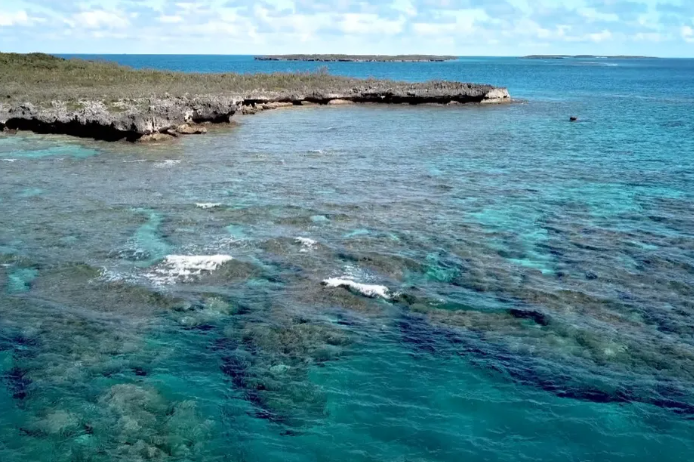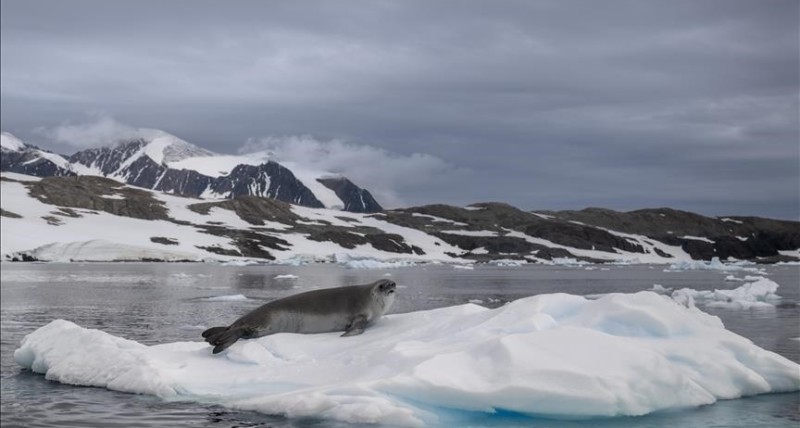To allow scientists more time to better understand the ocean depths and enable sustainable resource use, New Caledonia has taken a decisive step: its Congress voted on Tuesday to suspend exploration and exploitation of its deep seabed for the next 50 years. The move, although not unanimously supported, has been welcomed by environmental organizations.
The long-awaited vote, which had been anticipated for two years, passed with 32 votes in favor and 10 abstentions from members of the Loyalists and Rassemblement parties. The moratorium goes beyond the 25 to 30 years initially recommended by consulted environmental groups. It will restrict access to the Coral Sea Nature Park—an area covering 1.3 million square kilometers—to scientific research only, and even then, only if done in a non-invasive manner.
« We Lack Knowledge »
The decision drew criticism from the Loyalists, who called it extreme and counterproductive. Their proposal was for a 10-year moratorium while allowing exploration activities. According to Loyalist representative Françoise Suve, preventing exploration deprives future generations of both valuable resources and scientific insights.
« All our political actions regarding nickel are aimed at increasing exploitation. Now, suddenly, we become fierce defenders of marine environments we’ve never even seen, » said Nicolas Metzdorf of the Loyalists group.
« A Source of Pride »
Calédonie Ensemble, the party behind the legislation, defended the decision as consistent with both local and international environmental objectives. Party spokesperson Philippe Dunoyer highlighted that the moratorium aligns with broader sustainability goals.
The law also mandates a review of the moratorium before it expires. Violations of the ban could result in penalties ranging from six months to two years in prison and hefty fines, depending on the affected zone.
A Global Biodiversity Hotspot
New Caledonia is recognized as a global biodiversity hotspot. Its maritime area is home to nearly one-third of the planet’s remaining pristine reefs, which now make up just 1.5% of coral reefs worldwide.
In Contrast to U.S. Policy
This strict environmental regulation contrasts sharply with recent developments in the United States, where President Donald Trump signed an executive order supporting deep-sea mining, even in international waters. The move drew criticism for violating international law.
“The abyss is not for sale, and the high seas belong to no one,” said Olivier Poivre d’Arvor, France’s ambassador for maritime affairs.
Diverging Pacific Views
Within the Pacific region, opinions differ. Countries like Nauru and the Cook Islands have recently supported seabed exploration. Meanwhile, Pacific Island nations have begun discussions within the Pacific Islands Forum to form a collective stance, though no unified position has been reached yet.
Source: francetvinfo




